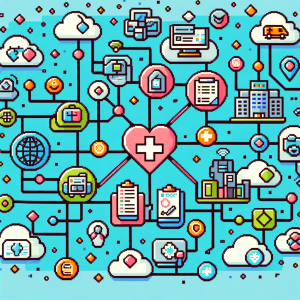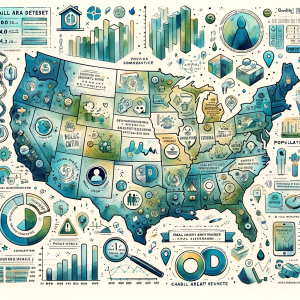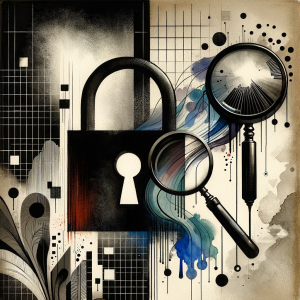
NFTs are BACK! (for healthcare)
Maybe this article is about one year too late, but this review just came out, and there was a lot of Web 3.0 that did (and maybe still) hold promise.
Let’s set the stage. Imagine owning your medical records just like you own your favorite songs or photos. That’s the promise of NFTs (Non-Fungible Tokens) in healthcare—a technology that puts you in control of your health data, making it secure, private, and even profitable. But what are NFTs, and why should public health practitioners and researchers care? Let’s dive in.
What Are NFTs and Why Do They Matter?
NFTs are unique digital assets stored on a blockchain, the same technology behind cryptocurrencies like Bitcoin. Unlike cryptocurrencies, NFTs are one-of-a-kind and can represent anything from art to real estate—and now, health data. By turning your health data into NFTs, you can track who accesses it, control its use, and even monetize it. This empowers patients in ways we’ve never seen before, transforming how we think about and manage health information.
How NFTs Can Transform Healthcare
Patient-Centric Data Management
One of the most exciting applications of NFTs in healthcare is patient-centric data management. Traditionally, your medical records are scattered across various healthcare providers, making it hard to keep track of everything. NFTs can change that by consolidating all your health data into a single, secure digital asset that you control. Imagine going to a new doctor and simply sharing your health NFT, which contains your entire medical history, instantly and securely.
Ensuring Data Integrity in Supply Chains
Counterfeit drugs are a significant problem, especially in developing countries. NFTs can help track medical products through the supply chain, ensuring authenticity and quality. Each product can have a digital twin—an NFT that records every step of its journey from the manufacturer to the patient. This not only enhances trust in the healthcare system but also protects patients from dangerous counterfeit medications.
Digital Twins and Personalized Medicine
Digital twins are virtual replicas of physical objects—in this case, your body. By combining NFTs with digital twins, healthcare providers can create highly personalized treatment plans. For instance, a digital twin of your heart could help doctors predict how you’ll respond to different medications or surgeries, leading to better outcomes and fewer side effects.
Overcoming Challenges and Looking Ahead
While the potential of NFTs in healthcare is enormous, there are challenges to overcome. One significant issue is the dependence on blockchain technology, which can be expensive and slow. Scalability is another concern—how do we handle millions of health data NFTs efficiently? Interoperability, or the ability to work seamlessly with existing health systems, is also a hurdle.
[another, which I rarely see mentioned….what if an elderly relative forgets their key?]
Despite these challenges, the future looks cautiously bright. Researchers are exploring ways to make NFTs more efficient and secure, such as developing compact storage solutions for faster data access. There’s also a push to create open standards for better interoperability, ensuring that NFT-based systems can work with existing healthcare infrastructure.
Join the Conversation
Now that you’ve learned about the exciting potential of NFTs in healthcare, we want to hear from you!
- How do you feel about having control over your health data through NFTs? What concerns or benefits do you see?
- Can you imagine a future where your medical history is as easy to manage as your digital music library? How would this change your healthcare experience?
Share your thoughts in the comments or join the discussion on social media using the hashtag #HealthNFTs.
A New Era of Health Data Management
NFTs offer a way to manage health data, giving patients unprecedented control and opening new avenues for secure, traceable, and decentralized healthcare systems. While challenges remain, the potential benefits are too significant to ignore. As research continues and technology evolves, NFTs could become a cornerstone of modern healthcare, making it more efficient, personalized, and patient-centric.
Join the Community – Get Your Weekly Public Health Update!
Be a health leader! Subscribe for free and share this blog to shape the future of public health together.



